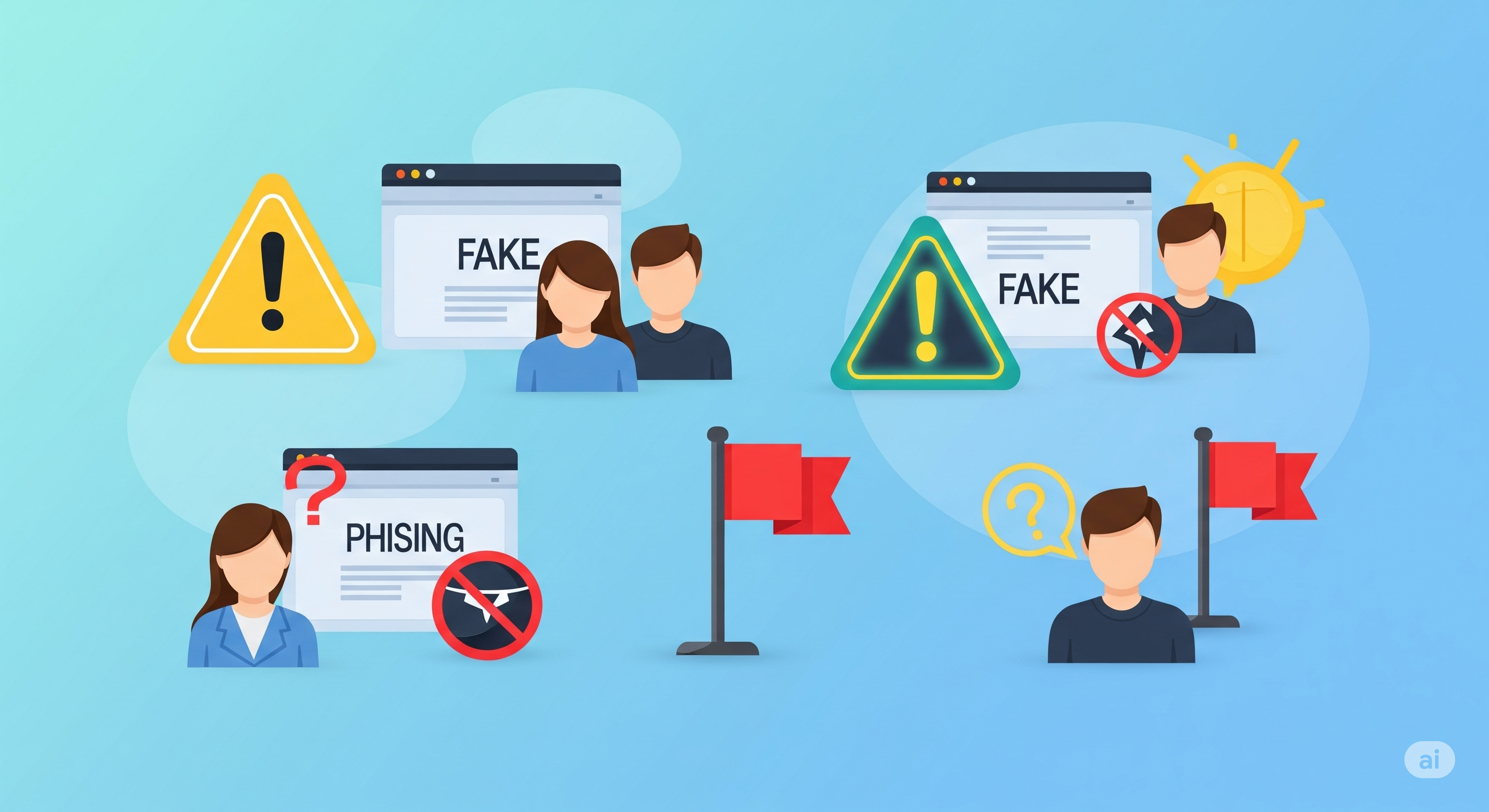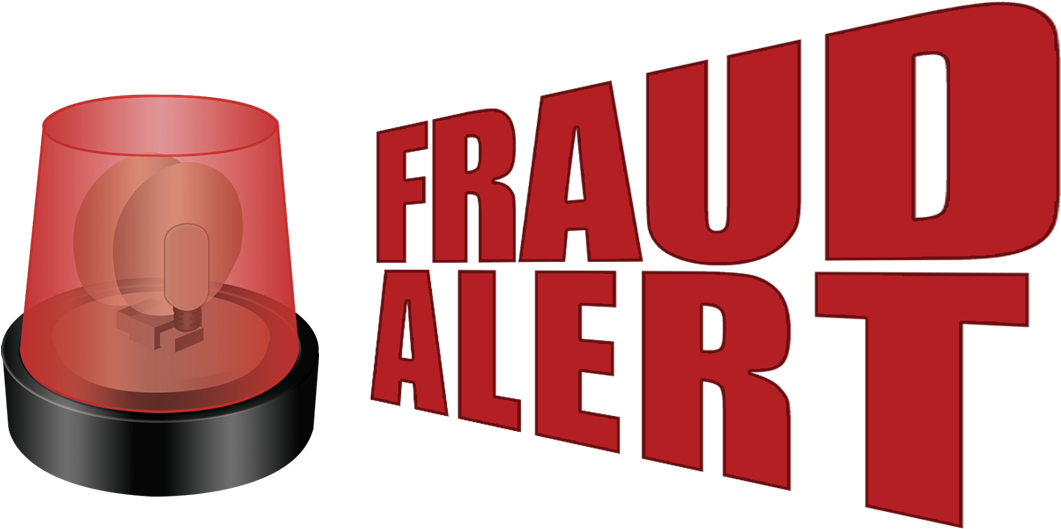Tips & Support
Spotting Real Business Pages
Spotting Real Business Pages
By Admin
Related Topics
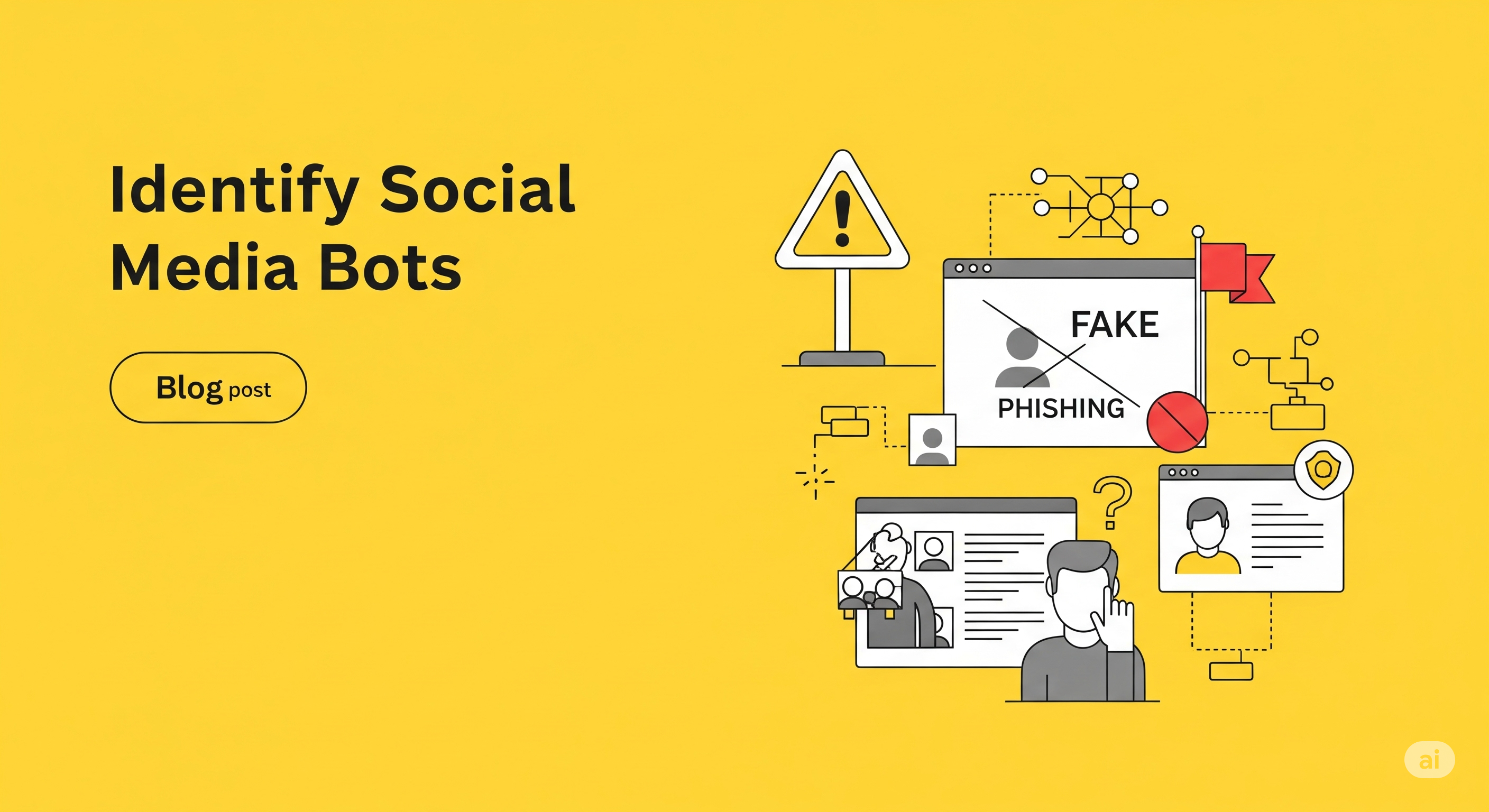
Identify Social Media Bots
We use social media for a lot of things every day such reading reviews of products following the news talking......
Read More

Efficient Price Shopping
Finding the best deal isn t just about getting the cheapest item it s also about getting the most value......
Read More
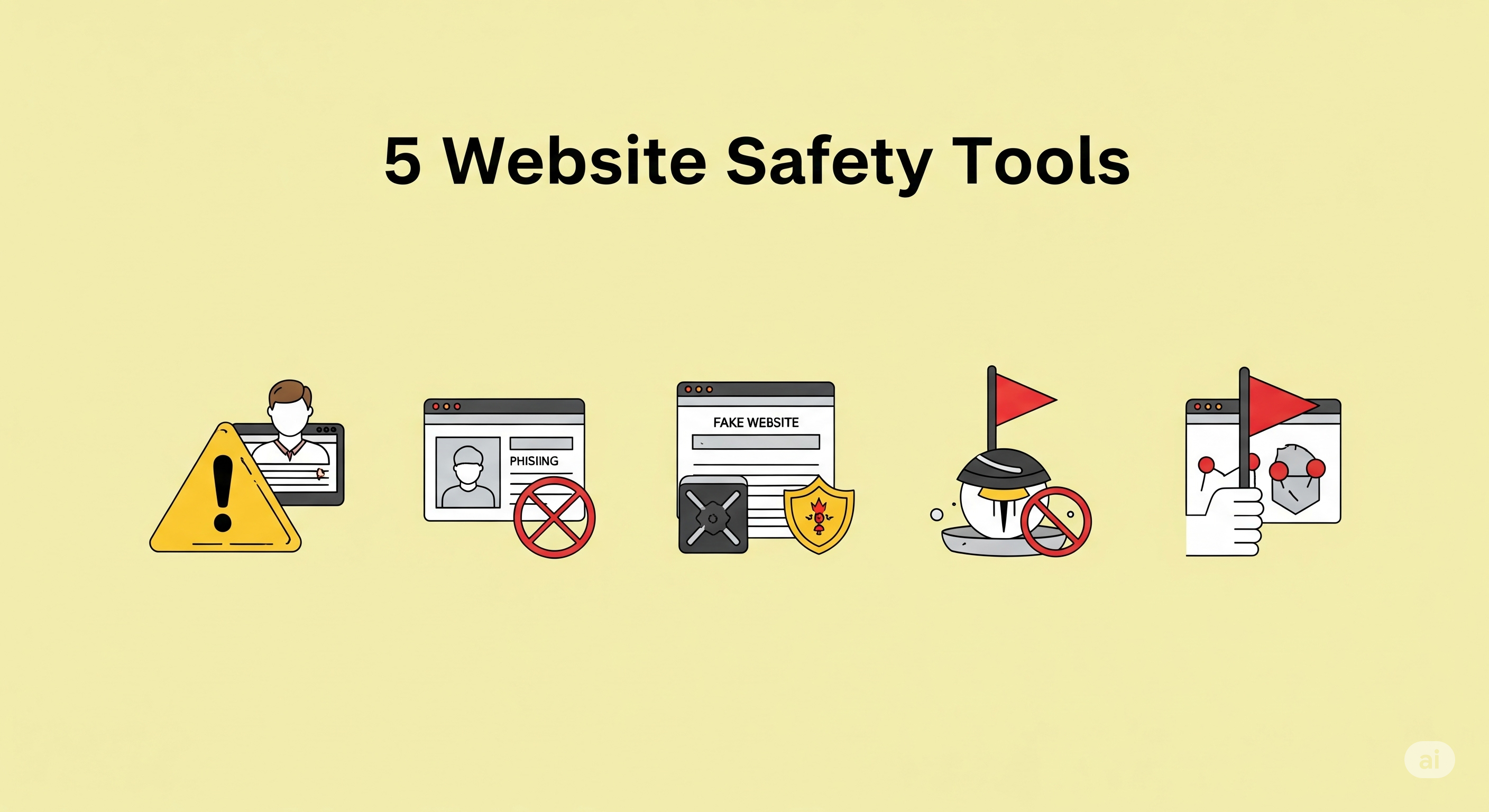
5 Website Safety Tools
In the digital age most people visit hundreds of websites every day to buy read the news bank or connect......
Read More
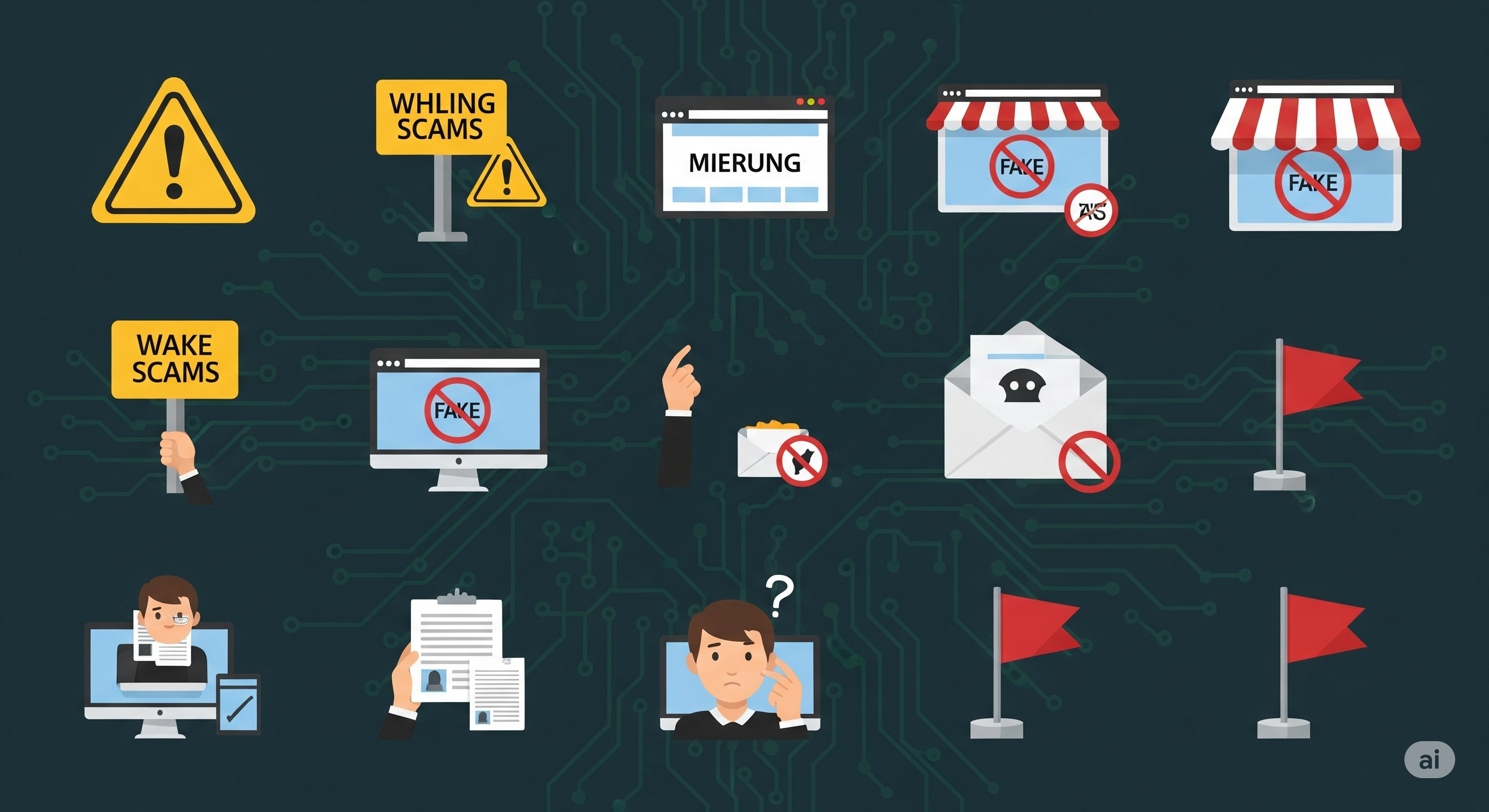
After an Online Scam
It is really scary to fall for an internet fraud nbsp You could feel betrayed and confused for a long......
Read More

Identify Social Media Bots
We use social media for a lot of things every day such reading reviews of products following the news talking......
Read More
Efficient Price Shopping
Finding the best deal isn t just about getting the cheapest item it s also about getting the most value......
Read More
5 Website Safety Tools
In the digital age most people visit hundreds of websites every day to buy read the news bank or connect......
Read More
After an Online Scam
It is really scary to fall for an internet fraud nbsp You could feel betrayed and confused for a long......
Read More